Understand Your Childcare Options
Be Equipped To Make The Best Choice
Have Questions? Call Us!
Know The Difference Between Daycare,
Childcare & Preschool Explained
Selecting the ideal early learning program for your child is a significant step. At Little Angels Child Care & Learning Center, we're here to guide you through the various options of daycare, childcare, and preschool. We'll help you find the perfect environment that nurtures your child's growth and development.

Where We Fall
Future Leaders Childcare and Learning Center is categorized as a childcare center in Pine Hills & West Colonial Area in Orlando, FL. We provide a balanced blend of care and early education. This category reflects the center’s commitment to not only supervising children but also fostering their overall development through a structured and nurturing environment.
What Sets Us Apart
- Enrolling Children 6 Weeks - 12 Years Old
- Holistic Development
- Qualified and Caring Staff
- Safe and Stimulating Environment
- Inclusive Programs
- Healthy Meals and Snacks
- Family-Centered Approach
- Community Involvement
Daycare Options
Overview
Daycare centers are primarily aimed at offering care for children while their parents are at work. These centers cater to a wide range of ages, from infants to school-aged kids, focusing on a safe and supervised setting where children can engage in basic play and social activities.
Features
With flexible hours, daycare centers are designed to accommodate the schedules of working parents. They provide basic social activities and some structured routines, though their main objective is reliable child care rather than education.
Age Group
Typically, these centers serve children from a few months old up to around 5-6 years of age.
Pros: Convenient Hours, Covers All Age Groups, Cost-Effective
Cons: Less One-on-One Attention, Varying Quality, Minimal Educational Content
Childcare Options
Overview
Childcare centers provide a more comprehensive range of services compared to traditional daycare. While they still offer supervision and care, they often integrate educational activities and developmental programs suited to different age groups. These centers emphasize a structured environment that blends care with early learning.
Features
Childcare centers typically combine play-based learning with educational activities to support children's early development. They may include school readiness programs that teach basic literacy, numeracy, cognitive skills, and sensory play. Some centers also offer extended hours to accommodate various family needs.
Age Group
These centers usually cater to infants through early school-aged children, from a few months old up to about 6-7 years.
Pros: Secure Setting, Educational Emphasis, Certified Educators
Cons: Costs May Vary, Larger Group Sizes, Less Time Flexibility
Preschool Options
Overview
Preschools are designed as educational settings to prepare children for kindergarten and formal schooling. They focus on structured learning through play and activities that enhance cognitive, social, and emotional development. Preschools typically introduce early literacy, numeracy, and other foundational skills through their curriculum.
Features
Preschools operate on a set schedule that often aligns with the school year calendar. They provide a more formal educational experience than daycare or childcare centers, with a structured curriculum and planned activities aimed at promoting learning and development.
Age Group
Preschools typically cater to children aged 3 to 5, just before they start kindergarten.
Pros: Follows Public School Calendar, Prepares for Kindergarten, Structured Routine
Cons: Limited Age Range, Shorter Daily Hours, May Be Expensive
Visit Us To Find Out How We We're The Right Fit!
5700 Silver Star Rd Orlando FL 32808
Interested In Learning More?
BOOK A TOUR!
We will get back to you as soon as possible
Please try again later
Our Location
5700 Silver Star Road
Orlando, FL 32808
Phone: (407) 299-5950
Privacy Policy | Terms & Conditions
Sitemaps
Our Programs
Infant Day Care
Toddler Day Care
Preschool
Kindergarten – 2nd Grade
After School Care
Our Blog
Marketing & Design by Orange Rock Media




